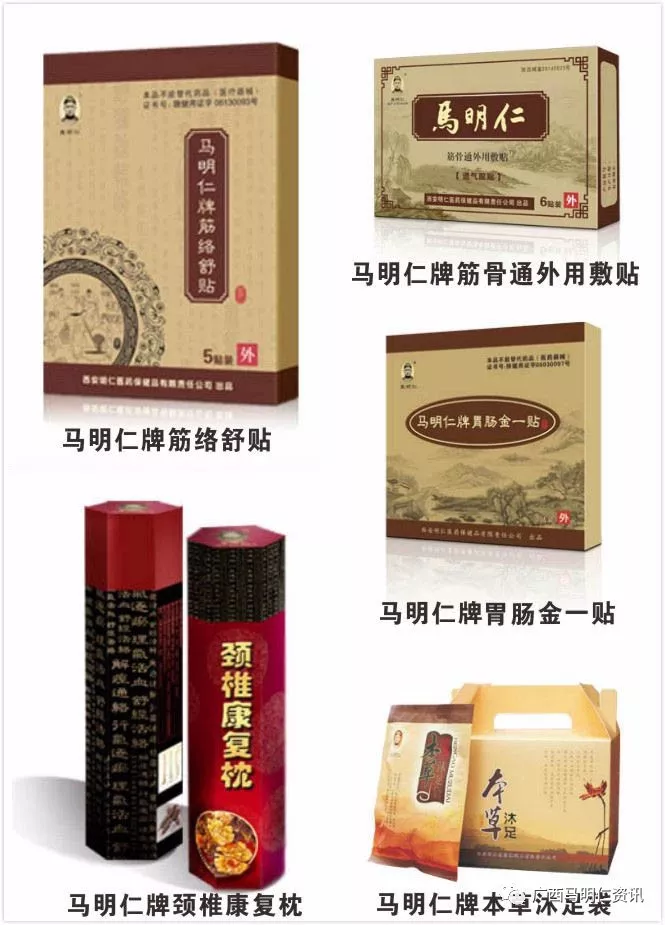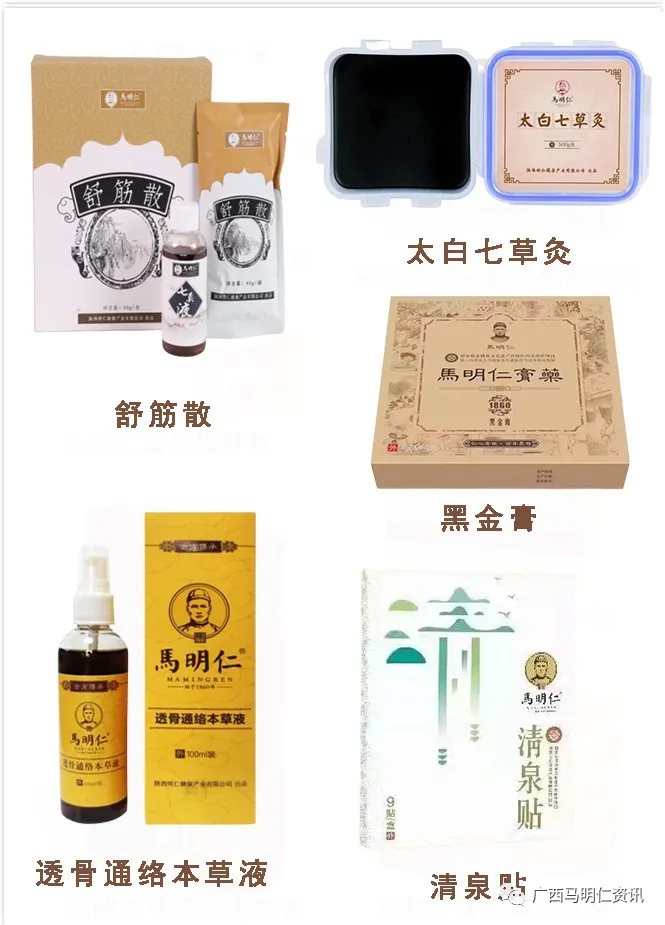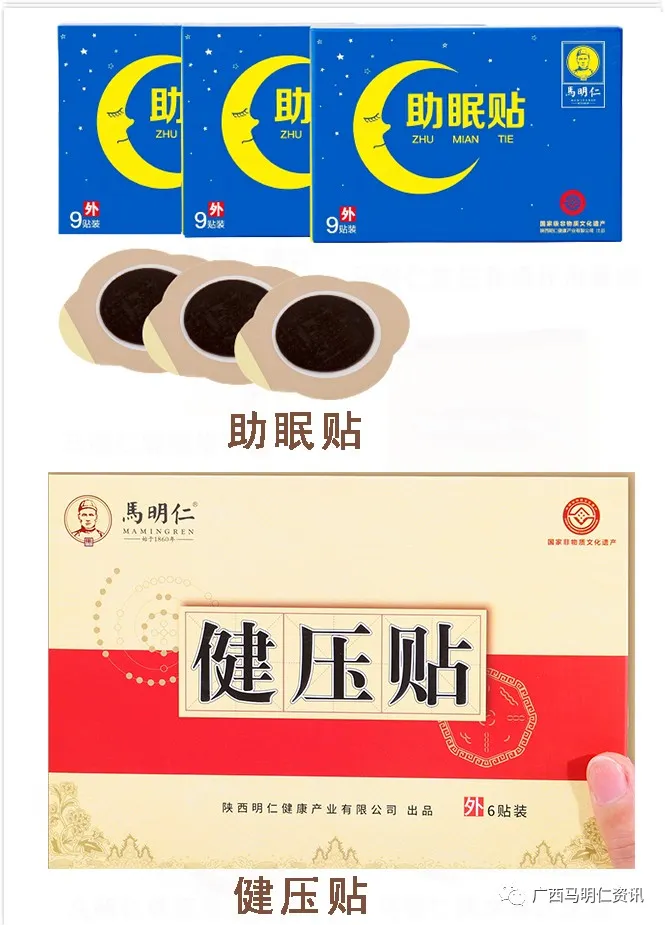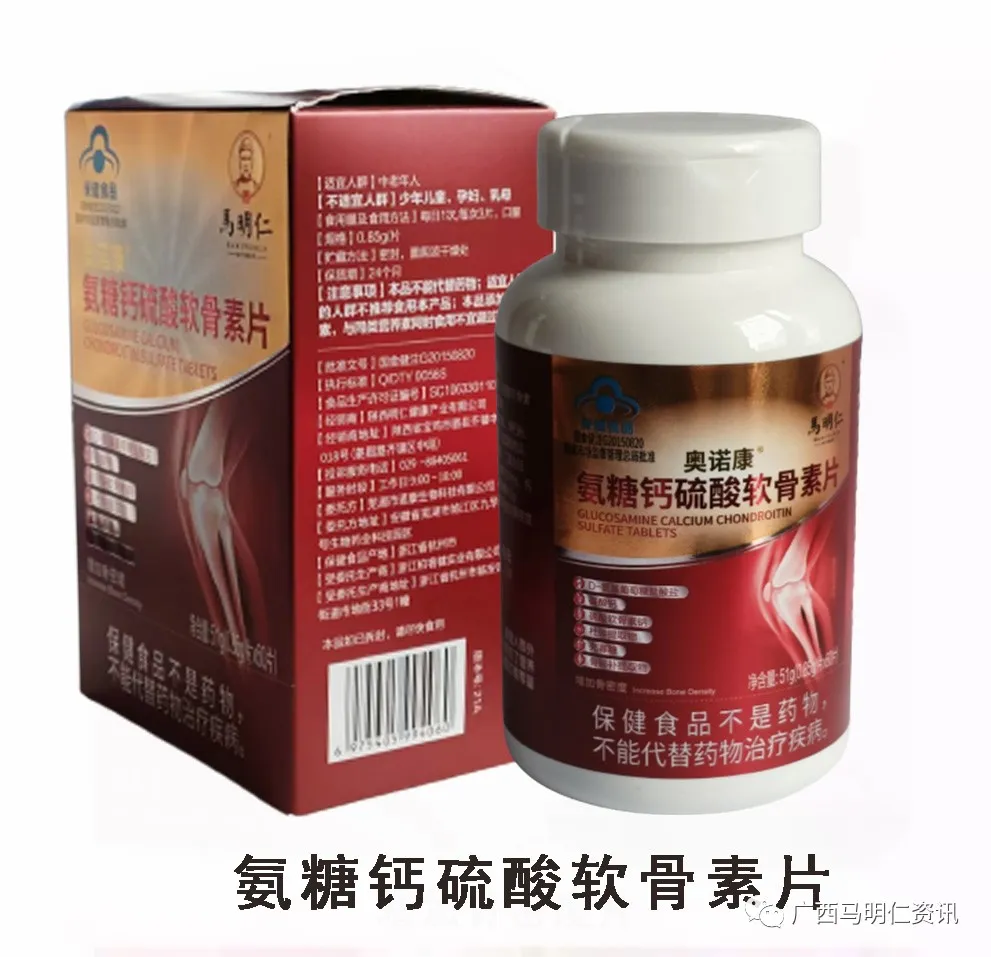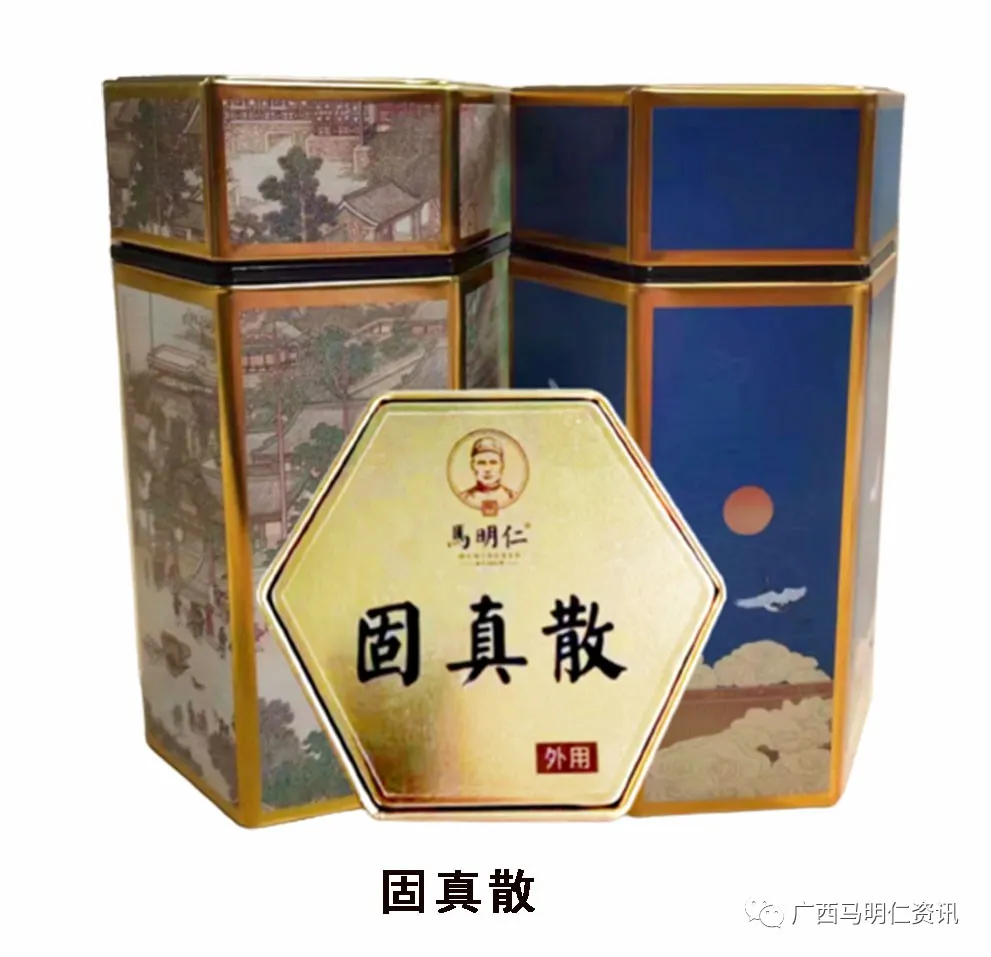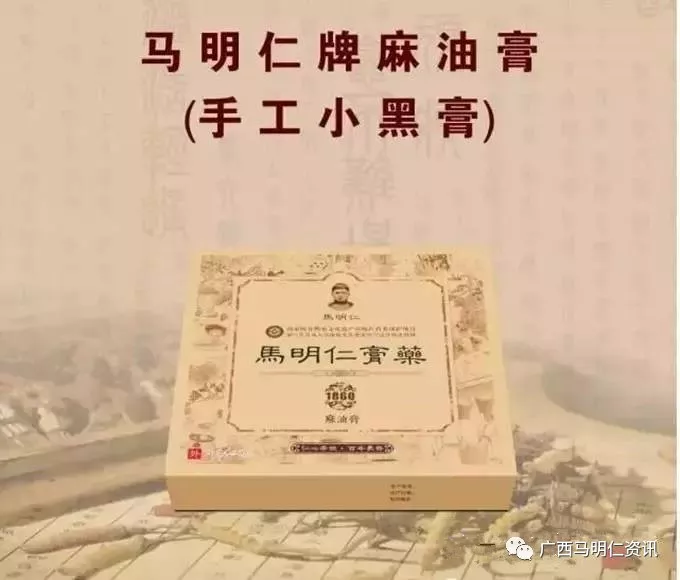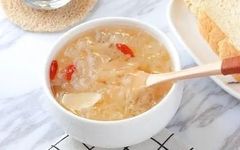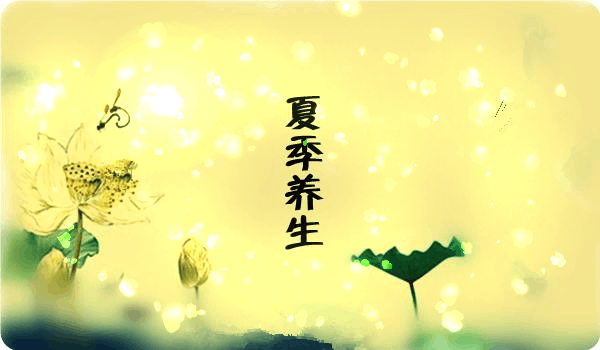

Summer weather can be stifling, making it difficult to move around in air-conditioned rooms, which is detrimental to health. So how can we maintain our health during the summer? Below are some essential tips for summer health maintenance.
Summer is a season of growth, the most vibrant time of the year, and the human metabolism is at its peak. However, the scorching sun and heat can also make it uncomfortable, making scientific health maintenance even more important. Many people are concerned about how to spend the summer comfortably, so how should we maintain our health in summer?
Summer Health Maintenance Tips
1. Limit Cold Foods
In summer, we often think that cold foods can help cool us down, but we overlook that our internal temperature can be higher (sometimes reaching 37 degrees Celsius). Suddenly drinking ice water can be overwhelming for our organs. To cool down and calm the shen (spirit), consider drinking chrysanthemum tea, honeysuckle tea, mung bean soup, or consuming fruits with high water content. However, those with a cold stomach should limit their intake and drink more warm water. For those with a hot and deficient constitution, consuming tremella (银耳), lotus seeds (莲子), or lily (百合) can help cool and nourish, dispelling heat and replenishing qi.


2. Eat Light Foods
What should we eat for summer health? The diet in summer should be light, soft, and easy to digest, avoiding high-fat and spicy foods. A light diet can clear heat, prevent heatstroke, reduce sweating, replenish fluids, and enhance appetite. Consume plenty of fresh vegetables and fruits to meet nutritional needs and prevent heatstroke.
Staple foods should be in liquid form, such as mung bean porridge, lotus seed porridge, or lotus leaf porridge. It is also advisable to drink some cool beverages, such as sour plum soup or chrysanthemum tea. However, cold drinks should be consumed in moderation; excessive consumption of cold items can harm the yin and damage the body. Additionally, consuming vinegar can stimulate appetite and inhibit or kill pathogens, preventing gastrointestinal diseases.

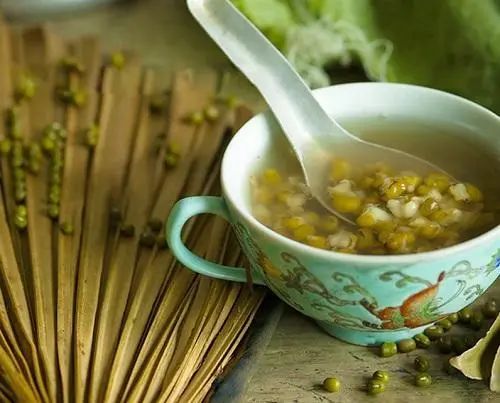
3. Sleep When Needed to Calm Liver Fire
TCM masters believe that those who frequently disrupt their sleep schedule and stay up late often have unstable emotions. This is because from 11 PM to 1 AM is the time when the organs’ qi and blood flow. If blood returns to the liver to store essence during this time and one does not sleep, it forces the liver to continue its work of decomposition, preventing the essence from being stored, leading to a surplus of liver fire and yin deficiency, disrupting the balance of yin and yang. Detoxification, storage, and bile decomposition are the liver’s main functions; long-term neglect of the liver without rest can lead to rising liver fire, fatigue, and qi deficiency.
The ancient TCM text, “Neijing,” mentions the three treasures of the human body: “jing (essence), qi (vital energy), and shen (spirit).” When essence is sufficient, qi is abundant; when qi is abundant, shen is vibrant. Conversely, when qi is weak, shen is harmed, leading to poor mental state and emotional instability. Nourishing essence and conserving energy is the principle here. Avoid staying up late; a proper afternoon nap is beneficial for health. Good sleep quality is crucial for alleviating the discomfort of “bitter summer.”

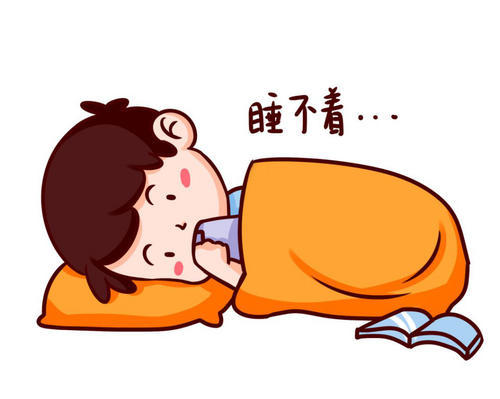
4. Harmonize Qi Before Calming the Heart
TCM emphasizes the importance of “qi harmony”; when qi flows smoothly, it transforms into sufficient energy for activity, allowing the body and mind to relax, and the heart naturally calms down.
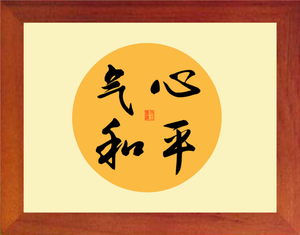
5. Avoid Excessive Exercise
Engage in gentle exercises; overly intense workouts can lead to excessive sweating and significant energy loss, which can also lead to irritability. Tai Chi, Qigong, or gentle dance are excellent calming exercises. Choose moderate activities that maintain a calm and steady breath, allowing the body’s fine blood vessels or meridians to receive adequate nourishment. Listening to music while walking can help maintain a tranquil mental state; avoid excessive excitement and anger. When feeling irritable or in a bad mood, walking or listening to light music can help alleviate negative emotions.

6. Cultivate Both Body and Mind
Health experts emphasize the importance of “cultivating both body and mind”; when the body is unwell, it can affect the mind, and when the mind is anxious, the body gradually weakens. Cultivating good habits and gradually adjusting one’s temperament, habits, and personality can help stabilize emotions. From the perspective of emotional health, true cultivation is not about eliminating emotions but about mastering the ups and downs of emotions perfectly.

7. Ensure a Cool Living Environment
In the early morning and evening, when indoor temperatures are low, open windows for ventilation. During the day, when outdoor temperatures are significantly higher than indoors, keep doors and windows closed, draw curtains, or add an extra layer of paper mesh to block heat from entering. This way, a cool indoor environment can help calm the mind and spirit, making napping and resting more comfortable.

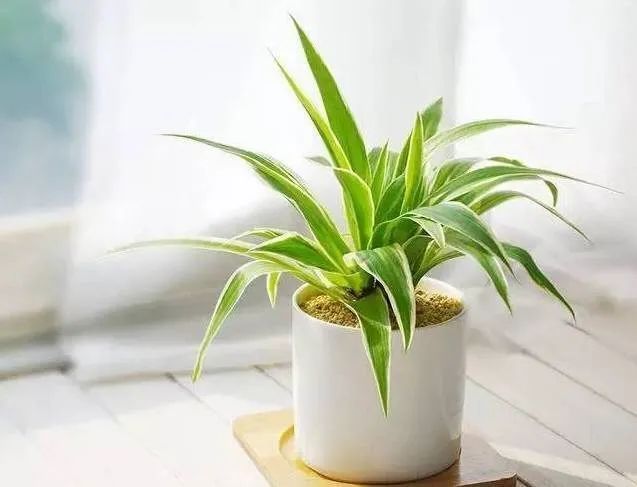
8. Seek Tranquil Recreational Activities
During the hot summer, avoid long-distance travel; instead, seek nearby serene spots. In the early morning, when the dawn breaks and the air is fresh, take a walk in lush gardens to breathe in fresh air. In the evening, after sunset, stroll by the riverside or lakeside; the gentle breeze will calm your mind and relieve the fatigue of the day.

Four Principles of Summer Health Maintenance
1. Strengthen the Spleen and Eliminate Dampness
In summer, dampness is a significant pathogenic factor, and with the spleen and stomach functions weakened, people often experience poor appetite, diarrhea, and symptoms like a white greasy tongue coating. Therefore, it is essential to regularly consume foods that strengthen the spleen and eliminate dampness. Common choices include aromatic herbs that strengthen the spleen and promote dampness elimination, such as Huo Xiang (Agastache rugosa), lotus seeds (莲子), and Pei Lan (Eupatorium fortunei).
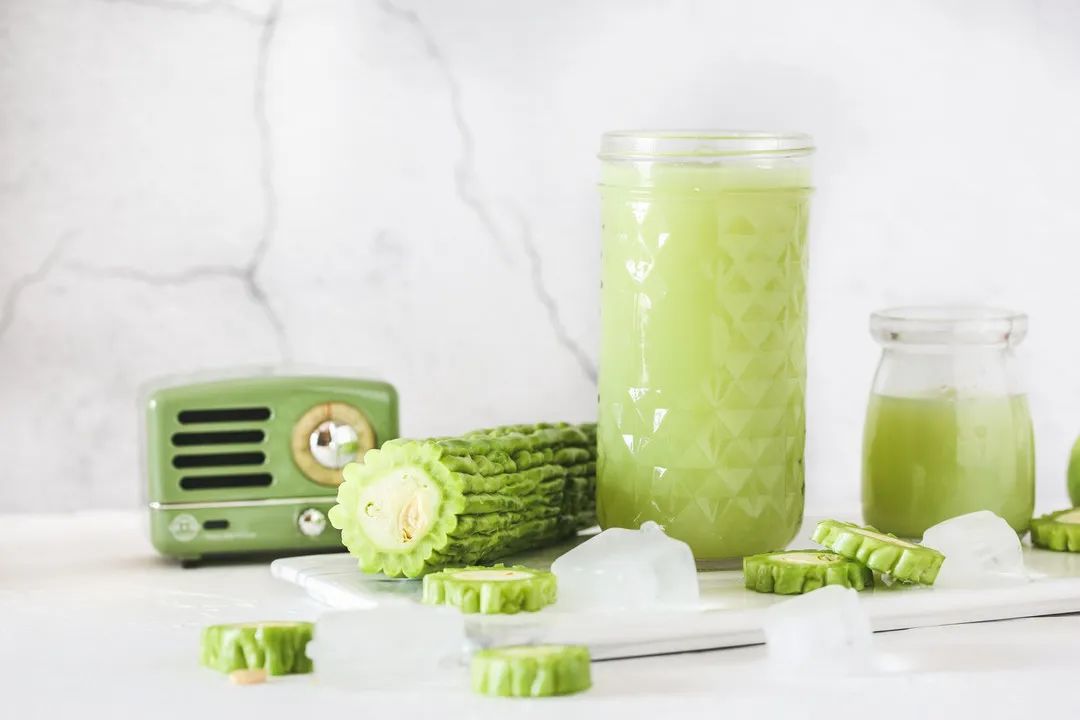
2. Clear Heat and Alleviate Summer Heat
With high temperatures in summer, the heat pathogen is prevalent, and the heart fire tends to be strong. Therefore, it is common to use herbs that clear heat, detoxify, and reduce heart fire, such as Chrysanthemum (菊花), Peppermint (薄荷), Honeysuckle (金银花), Forsythia (连翘), and Lotus Leaf (荷叶) to dispel summer heat.
3. Nourish the Lungs and Kidneys
According to TCM, following the five-element theory, summer is characterized by strong heart fire and weak lung metal and kidney water. It is essential to nourish the yin of the lungs and kidneys. Options include Goji Berries (枸杞子), raw Rehmannia (生地), lily (百合), mulberries (桑葚), and herbs that astringe lung qi, such as Schisandra (五味子), to prevent excessive sweating and depletion of body fluids.
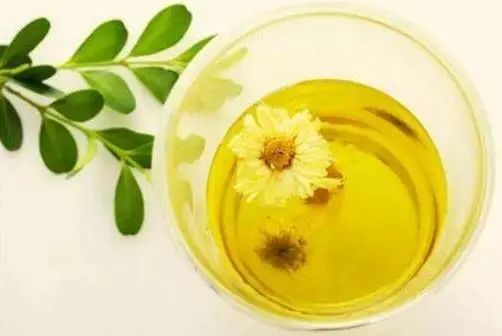
4. Treat Winter Illnesses in Summer
Summer health maintenance inevitably involves treating winter illnesses in summer. This means using internal herbal medicine combined with acupuncture and other external treatments to address diseases that are prone to occur in winter. For example, using fresh sesame flowers to rub on frostbite-prone areas can prevent winter frostbite; applying medicated plasters to acupoints can treat winter asthma and rhinitis.
We are committed to protecting the author’s copyright. Some text/images are sourced from the internet. If there are any copyright issues, please contact customer service for deletion. Thank you.


